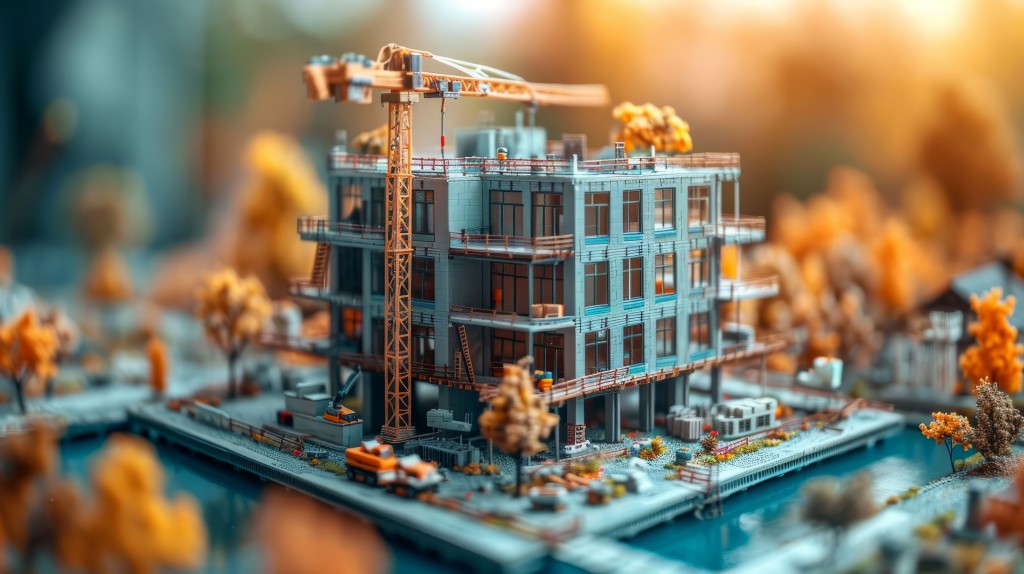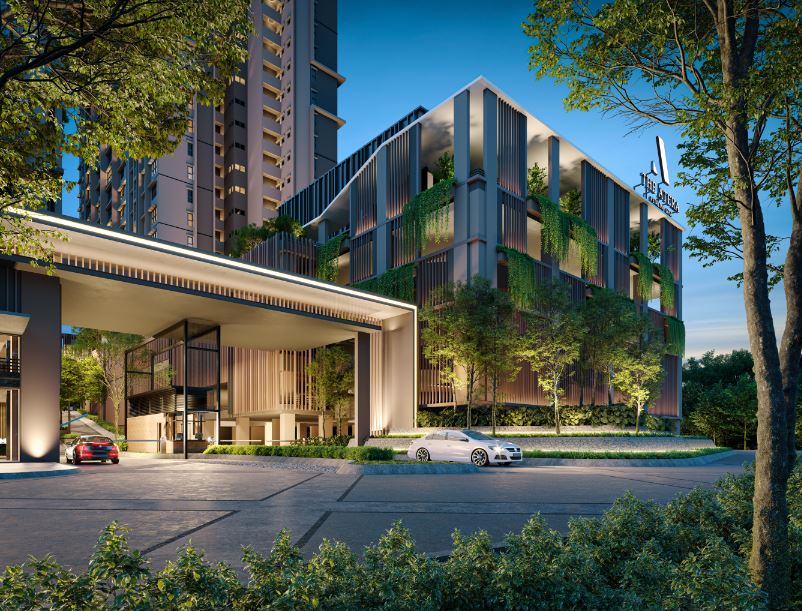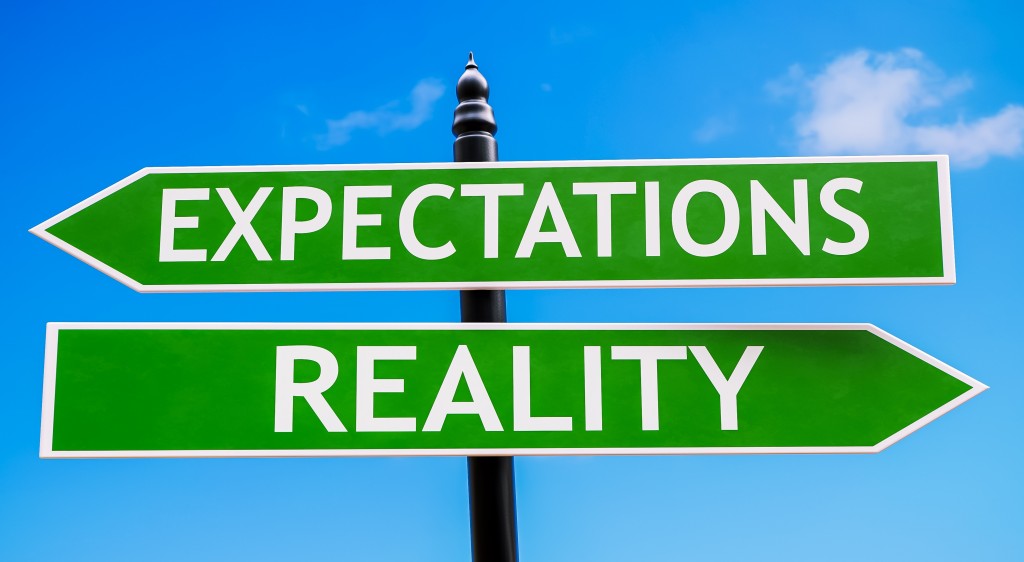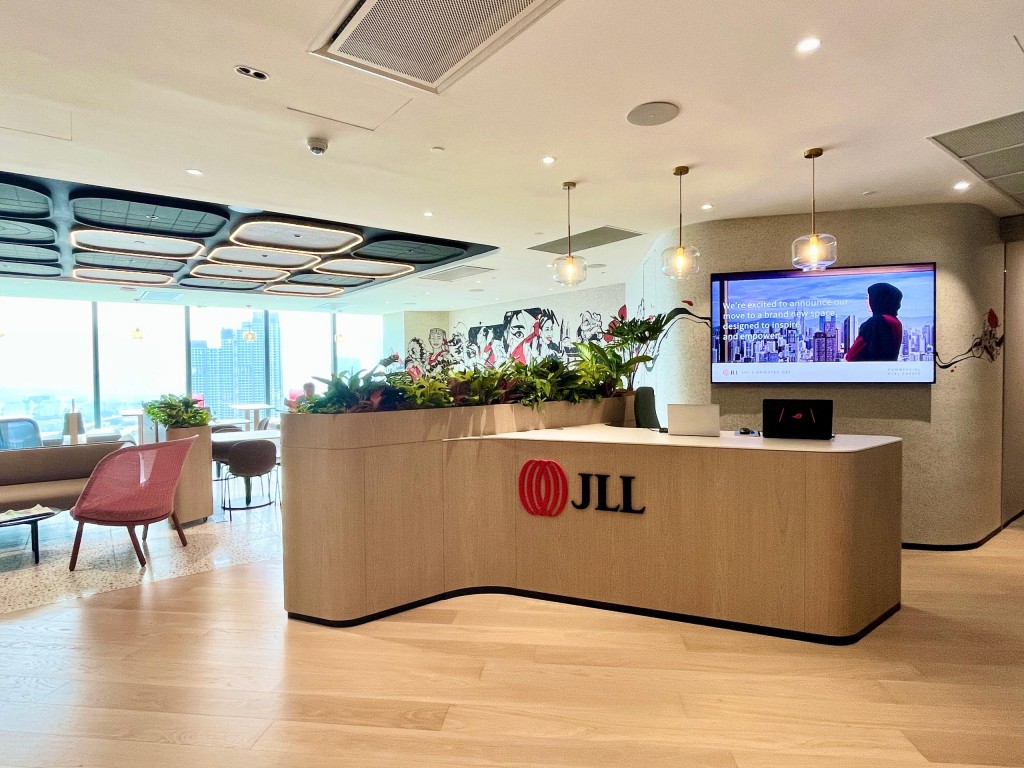There’s no place like home. Ten years ago, it probably never occurred to you that you would be a homeowner someday. But now it seems pretty important, and you find yourself thinking about it a lot.
Maybe, you think that you are ready to become a house owner. If yes, then you are on the verge of making a significant decision that will affect your life and finances for a very long time.
The first order of business is to figure out whether owning a home is right for you.
Buying a house seems like a good idea, however, it is a massive undertaking. You might not know much about getting a mortgage or paying it off after having it. Lately, you might also have heard a lot about the mortgage crisis and all the problems associated with it.
Hence, you need to find out more about homeowners insurance, taxes, down payments, settlements and all the other things related to house purchase.
Can You Afford a House?
To buy a house, one of the first things you must do is to determine the sort of home you can afford. You need to know how large a loan, or mortgage, you will be able to get.
Before applying for a mortgage, you need to get your finances in order. To improve your chances of getting the mortgage, do the following things:
a) Reduce your debt
Pay off as much debt as you can before you begin shopping for a mortgage. If you have high monthly expenses relating to high credit card usage or other obligations, reduce the debts as much as you can before applying for a mortgage. Those expenses will work against you during your application.
b) Save up for your down payment
The more money you have for your down payment, the less you will have to finance your loan.
c) Improve your credit rating
Patch up any glitches on your credit rating or get some credit established, and fast!
It is also prudent to consider your moving expenses such as the furniture and fittings to purchase and the cost of renovation. Be sure you think about this before you decide to buy or you could be in for a big shock later.
How Much Do You Make?
To determine how big a mortgage you can get, the first thing to look at is how much money you make, before taxes. This amount is your gross income.
The recommended guideline is that you should spend no more than 30% of your monthly income on your mortgage payment (Do take note that some mortgage lenders will allow mortgage repayments of more than 30% of your monthly income)
What are your expenses?
Pay close attention to your expenses as they relate back to your income. Although the recommended maximum for your mortgage payment is 30% of your gross monthly income, the recommended ceiling for your total debt is 65% of your income.
That encompasses all your obligations other than the mortgage, such as your car loan, credit card bills, student loans and more.
Calculating Your Monthly Mortgage Payment
Assuming that you are earning RM6,000 a month, without going above 30% of your income, you could pay RM1,800 a month for your mortgage. To keep within the 50% to 65% limit for total debt payment, you could spend RM3,000 to RM3,900 a month on all your debts.
Additional payments such as Mortgage Insurance should be taken into consideration too.
Getting the Best Mortgage for You
The two most common types of mortgages are Fixed-Rate mortgages and Flexi-Rate mortgages.
1) Fixed-Rate Mortgages
Fixed-rate mortgages are the easiest to understand. You agree to pay a certain amount of interest on your mortgage for as long as you have it. If you pay 5 % interest for the first month, then you will be making the same payment for the entire duration of the loan.
The rate doesn’t change, and neither does your monthly payment. You will receive a schedule of payments that show precisely how much you shall be paying every month. So if you like to know exactly how to plan your long-term budget, you will probably favour a fixed-rate mortgage. It removes the guesswork from your financial calculation.
2) Flexi-Rate Mortgages
The interest rate for a Flexi-Rate Mortgage is not regular for the entire term of the loan. Home buyers are generally attracted to Flexi-rate because of the initial savings offered.
In Flexi-rate, you generally agree to pay a fixed interest rate for a certain amount of time, before the rate and monthly interest start to fluctuate. The interest rate is tied to the bank Base Rate on a quarterly basis which is controlled by the Central Bank.
After careful evaluation of the information concerning your house purchase, you might decide that this is an inopportune time to buy one. When that happens, you might feel disappointed. Postponing your home ownership doesn’t mean you can never buy a house. If you have decided that, for whatever reasons, you are not ready to own a home, then you might have done the right thing.
About the Contributor
 Elaine Quah is a managing partner at EPOWER & Associates and Your Financial Tailor. For more information on estate planning and/or other services, contact her at elaineqsc@epa.net.my
Elaine Quah is a managing partner at EPOWER & Associates and Your Financial Tailor. For more information on estate planning and/or other services, contact her at elaineqsc@epa.net.my
Disclaimer
All data and information provided on this site are for informational purposes only. Starproperty.my makes no representations as to the accuracy, correctness, completeness, currentness, suitability, or validity of any information on this site and will not be liable for any errors, omissions, or delays in this information or any losses, injuries, or damages arising from its display or use. All information is provided on an as-is basis. All users are strongly encouraged to seek professional advice before relying on any data and/or information provided on this site.















































